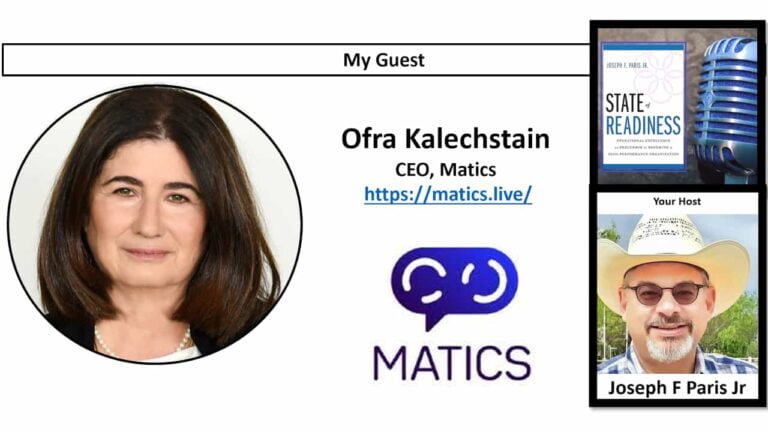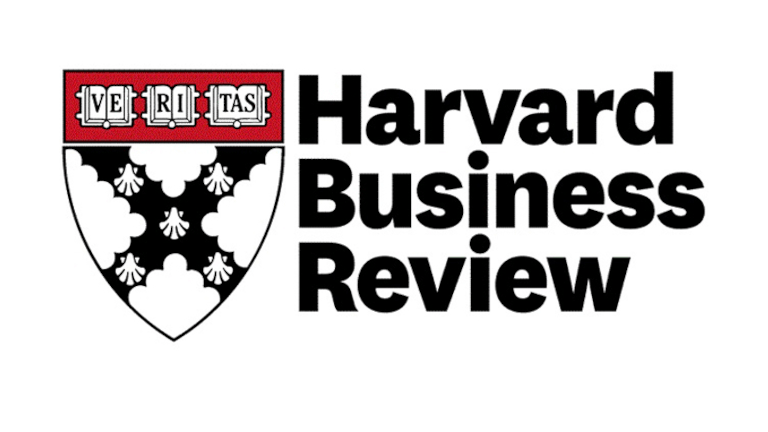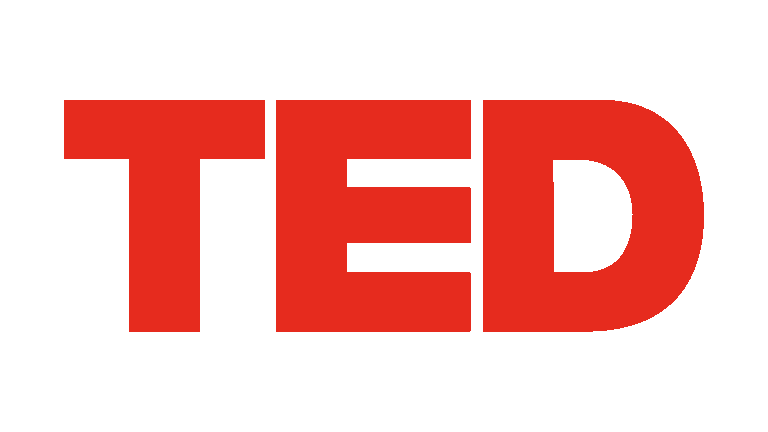How Firms Can Become More Resilient in the New Normal
Emerging from the pandemic, tomorrow’s successful businesses will make themselves more resilient to unexpected crises. They will intensify the use of digital technologies in cloud computing, cyber security, cognitive and artificial intelligence tools and the Internet of Things. Empowered with these tools, they will also have greater flexibility in managing costs and the agility to engage more effectively with their customers as changes occur in the way goods and services are delivered and consumed.
Those are the key takeaways from a new Deloitte Consulting Report issued in August titled, “Save-to-Thrive: Enterprise Transformation and Performance Improvement Strategies During the Covid-19 Pandemic.” Deloitte conducted the study, which is based on a survey of executives, in collaboration with Christopher Ittner, Wharton accounting professor and chair of the School’s accounting department.
The study offers a close-up of the “resilience” of businesses, which Deloitte classifies under three broad phases as organizations cope with the fallout of the pandemic: Respond, Recover and Thrive. “Almost a third of the businesses were negatively impacted during initial stages of the pandemic,” said Omar Aguilar, principal and global strategic cost transformation leader at Deloitte Consulting LLP. “Most companies are trying to power up or transition into the ‘thrive’ mode in a rapid way.”
The study groups respondents by the stages of “respond,” “recover” and “thrive” that they saw themselves in at the time the survey was conducted. They begin with the “respond” phase where they are sizing up the impact of the pandemic, after which they move to the “respond to recover” and “recover” phases. They begin consolidating their fortunes in the “recover to thrive” and “thrive” phases. According to the survey results, companies spend a little over three months in the “respond” mode, a further six months in the “recovery” mode, and then expect to be in the “thrive” mode for about 10 months, Aguilar said.








